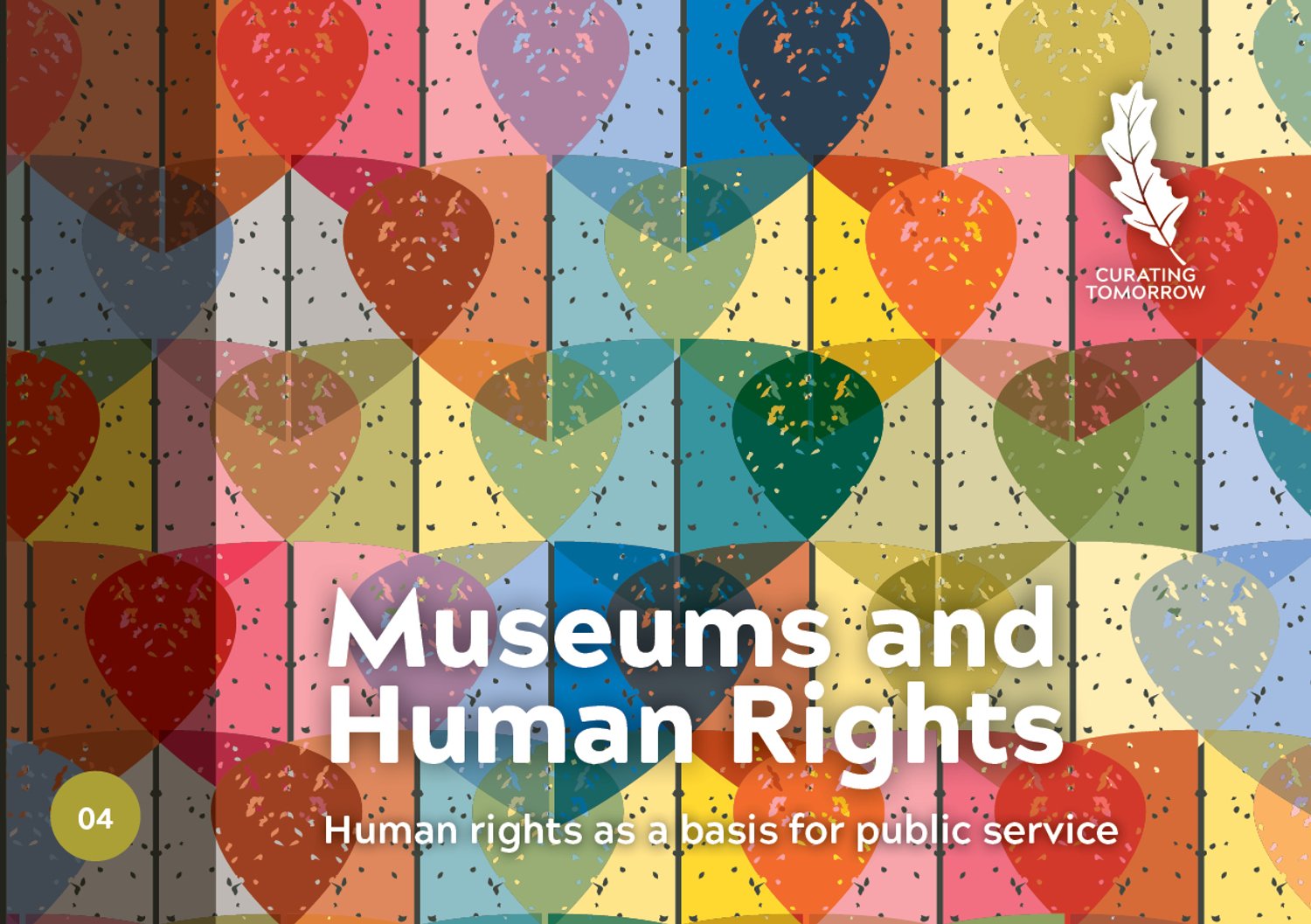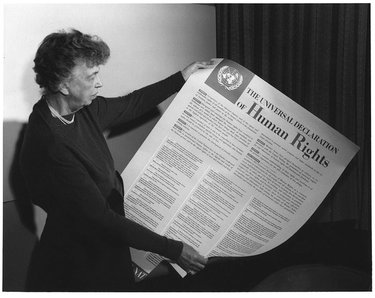Human rights can form the basis for transparent, effective and transformative public service.
This Guide explores how human rights are related to museums, and explores particular rights especially relevant to museums. These include many rights that relate to climate change, including the right to take part in environmental decision making, from the Aarhus Convention. The Guide can be accessed here.

Whether they realize it or not, museums, and indeed every individual who works in and with them, have duties to fulfil regarding human rights. In fact, every individual in society has duties to uphold the rights of others, just as they should expect to be able to attain their own rights.
If people are to exercise their rights and responsibilities, they need to know about them, care about them, understand how they relate to their lives and work, and to have effective, transparent institutions that fulfil their responsibilities and obligations.
However, for the most part, human rights are not even talked about in museums or in society. Few museums incorporate human rights perspectives into their planning or across their areas of activity, and the basis of museums’ decisions – their visions, missions, programming decisions and management – is often untransparent.
This Guide aims to support museums and museum workers to understand and fulfil their human rights duties with greater confidence, to use human rights as a basis for more effective public service, and to enable more people – whether as individuals, groups or communities – to be able to exercise their basic rights and freedoms through museums. It is not intended to be the last word on the subject, but to be a tool for empowerment.
